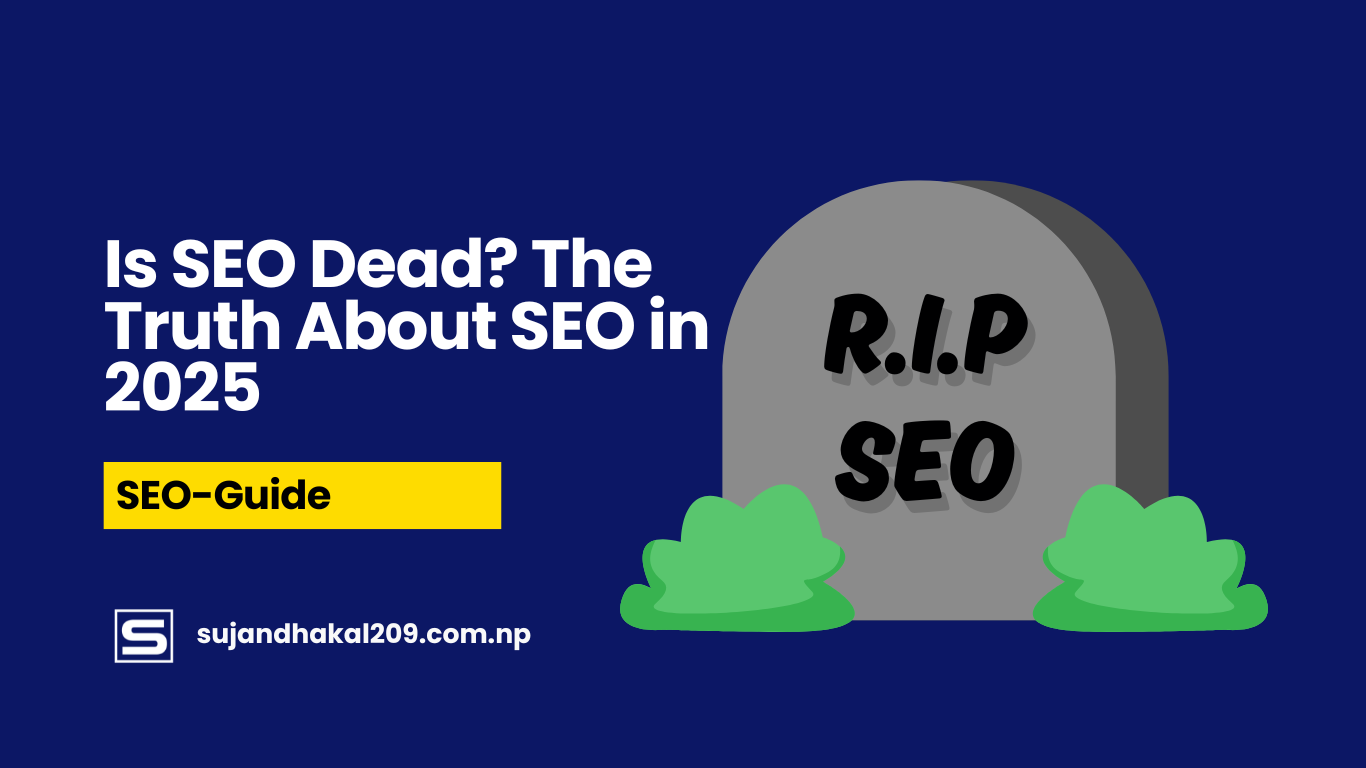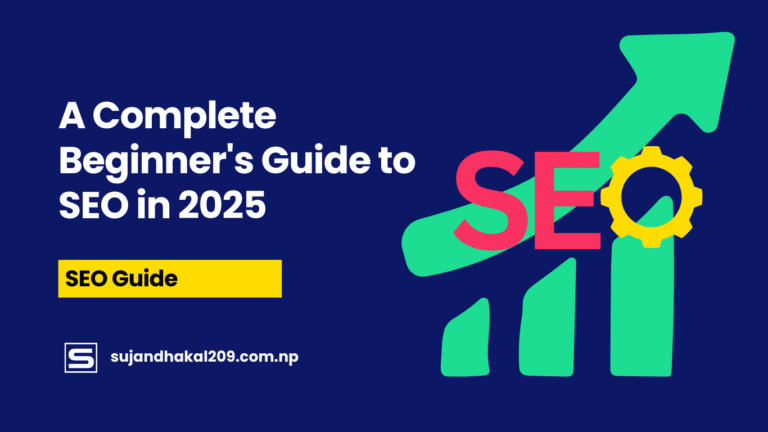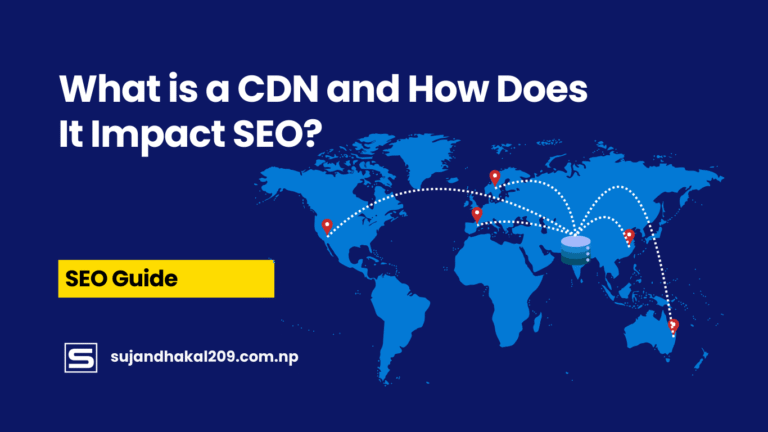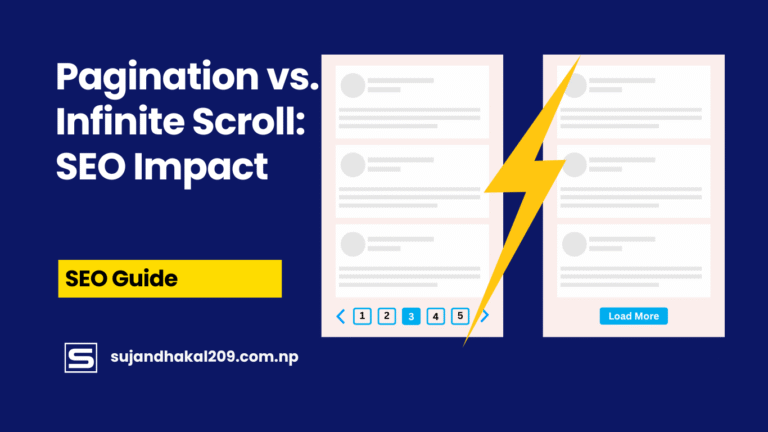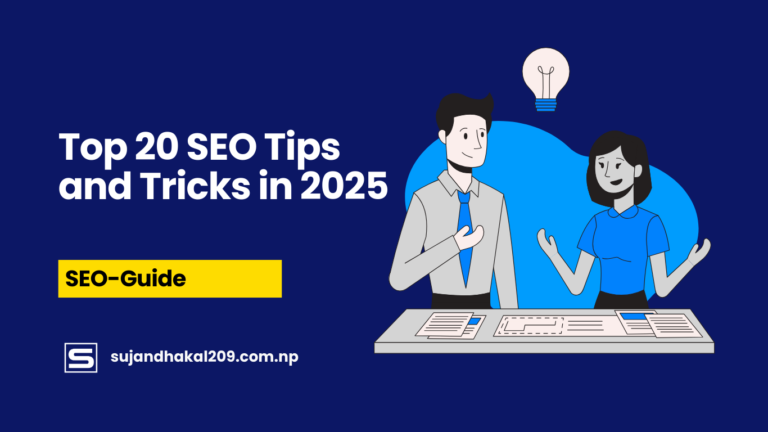Search Engine Optimization (SEO) has been around for decades, but with constant Google algorithm updates, the rise of AI, and changes in user behavior, many marketers and business owners ask: Is SEO dead?
The short answer is NO! SEO is very much alive, but it has evolved significantly. If you’re using outdated tactics, then yes—your SEO might be “dead.” But if you adapt to modern SEO practices, you can still dominate search rankings and drive organic traffic.
Let’s explore the reality of SEO in 2025 and debunk the myth that it’s dead.
Understanding the “SEO Is Dead” Myth
The idea that SEO is dead has been floating around for years. Every time Google releases a major algorithm update, marketers panic, and some claim that SEO is no longer effective.
However, what’s really happening is SEO is evolving. Old tactics like keyword stuffing, buying backlinks, and low-quality content no longer work. Instead, search engines are prioritizing user experience, intent-based searches, and high-quality content.
The only thing that’s truly dead is outdated SEO strategies. If you’re still relying on old-school tricks, you’re likely seeing a decline in rankings. But modern SEO is far from dead—it’s just different.
How Google’s Algorithm Has Evolved
Google’s algorithm is constantly changing, but some of the biggest updates in recent years have reshaped how SEO works.
Key Algorithm Changes That Affected SEO:
- Google BERT (2019): Focused on understanding the intent behind search queries.
- Core Web Vitals (2021): Prioritized page speed, user experience, and mobile-friendliness.
- Helpful Content Update (2022): Penalized websites with low-value content.
- AI & Search Generative Experience (SGE) (2023-Present): Integrated AI into search results to provide more detailed, direct answers.
With each update, Google aims to deliver better search results for users. That means SEO is no longer just about keywords—it’s about relevance, authority, and user satisfaction.
Why SEO Is More Important Than Ever
If SEO were dead, why would businesses still invest billions into it? The truth is, SEO is not only alive but more crucial than ever.
Reasons Why SEO Still Matters in 2025:
- Organic Search Still Drives the Majority of Web Traffic – Studies show that 53% of website traffic comes from organic search.
- Google Handles Over 8.5 Billion Searches Per Day – If people are searching, you need to be visible.
- SEO Builds Long-Term Authority – Unlike paid ads, SEO delivers lasting results.
- High-Quality Content Is in Demand – Google rewards websites that provide real value.
- SEO Supports Other Marketing Channels – It improves content marketing, social media reach, and brand credibility.
SEO is not just about ranking higher—it’s about visibility, trust, and business growth.
Modern SEO Strategies That Work
If you want to succeed with SEO in 2025, you need to focus on user-first SEO strategies.
Top SEO Tactics for 2025:
✔ Create High-Quality, Helpful Content – Focus on E-E-A-T (Experience, Expertise, Authoritativeness, Trustworthiness).
✔ Optimize for Search Intent – Understand what users really want when they search.
✔ Improve Core Web Vitals – Fast, mobile-friendly, and user-friendly websites rank higher.
✔ Leverage AI and Automation – AI tools can enhance keyword research, content optimization, and competitor analysis.
✔ Prioritize User Engagement – Lower bounce rates and higher engagement boost rankings.
✔ Use Schema Markup – Helps search engines understand your content better.
Outdated tactics will get you nowhere. Focus on modern SEO strategies to stay ahead.
Common SEO Mistakes That Kill Rankings
Even though SEO is alive and well, many websites struggle because they make critical SEO mistakes. If you’re wondering why your rankings aren’t improving, check if you’re guilty of any of these common errors.
1. Ignoring Search Intent
Google’s goal is to provide the best possible answer to a user’s query. If your content doesn’t match search intent, it won’t rank—no matter how well-optimized it is.
💡 Fix: Analyze the top-ranking pages for your target keywords and align your content with the intent behind those searches.
2. Keyword Stuffing
Gone are the days when stuffing a page with keywords would get you to the top of Google. Overusing keywords makes your content look spammy and hurts your rankings.
💡 Fix: Use keywords naturally and focus on related terms (LSI keywords) to improve readability and relevance.
3. Poor Website Speed & Mobile Optimization
Slow-loading websites frustrate users and lead to high bounce rates. With Google’s Core Web Vitals, page speed is a direct ranking factor.
💡 Fix: Optimize images, use a content delivery network (CDN), and ensure your site is mobile-friendly.
4. Not Using Internal and External Links
Internal links help Google understand your site structure, while external links show credibility. Neglecting them can limit your SEO success.
💡 Fix: Link to high-authority sources and strategically use internal links to keep users engaged.
5. Neglecting Technical SEO
Even great content won’t rank if search engines can’t crawl your site properly. Issues like broken links, duplicate content, and missing alt text can harm your rankings.
💡 Fix: Regularly audit your site with tools like Google Search Console or Ahrefs to find and fix technical issues.
The Role of AI and Machine Learning in SEO
Artificial intelligence (AI) is reshaping SEO, making search engines smarter than ever before. Google’s AI-powered algorithms now analyze search queries with incredible accuracy, ensuring that users get the most relevant results.
How AI Is Changing SEO:
- Better Understanding of Search Intent: AI-driven tools like Google BERT and RankBrain help match content with user intent.
- AI-Generated Content: AI writing tools like ChatGPT and Jasper can help create high-quality content, but Google still prioritizes humanized, value-driven content.
- Automated SEO Analysis: AI-based SEO tools can quickly analyze keywords, backlinks, and competitor strategies.
💡 Takeaway: AI can enhance SEO efforts, but human expertise is still needed to create authentic, user-focused content.
Voice Search and SEO: What’s Changing?
Voice search is no longer a futuristic concept—it’s happening right now. With millions of people using Siri, Google Assistant, and Alexa, optimizing for voice search is essential.
How Voice Search Affects SEO:
- More Conversational Keywords – Users search differently when speaking compared to typing.
- Rise of Featured Snippets – Voice assistants often pull answers from featured snippets.
- Local SEO Becomes More Important – Many voice searches are location-based, like “best coffee shop near me.”
Voice Search SEO Tips:
✔ Use long-tail keywords and conversational phrases.
✔ Optimize for “People Also Ask” and featured snippets.
✔ Improve your Google My Business profile for local searches.
SEO vs. Paid Ads: Which One Works Better?
Some marketers argue that paid ads (PPC) are more effective than SEO. But is that really true? Let’s compare.💡 Conclusion: SEO is a long-term investment that pays off over time, while PPC is great for quick wins but not sustainable for long-term success. The best strategy is to combine both for maximum results.
| Factor | SEO (Organic Search) | PPC (Paid Ads) |
|---|---|---|
| Cost | Free (requires time & effort) | Expensive (pay-per-click) |
| Long-Term Results | Lasts for years | Stops when you stop paying |
| Credibility & Trust | Higher trust (people prefer organic results) | Lower trust (ads are often skipped) |
| Traffic Growth | Sustainable and compounding | Instant but temporary |
The Future of SEO: Predictions for the Next 5 Years
SEO isn’t going anywhere, but it will continue to evolve. Here’s what we can expect:
1. AI-Generated Search Results
Google’s Search Generative Experience (SGE) will provide more AI-powered answers, reducing clicks on traditional websites.
2. Increased Importance of E-E-A-T
Google will place even more emphasis on expertise, authoritativeness, and trustworthiness to fight misinformation.
3. Video & Multimedia SEO Growth
With YouTube being the second-largest search engine, optimizing video content will be crucial.
4. Personalized Search Results
Search engines will get better at customizing results based on user behavior, preferences, and past searches.
5. More Focus on Zero-Click Searches
Google will provide instant answers in search results, meaning fewer users will visit actual websites. To stay relevant, businesses must optimize for rich snippets and featured results.
Final Thoughts: Should You Invest in SEO?
Absolutely! SEO is far from dead—it’s just changing. Businesses that adapt to these changes will continue to thrive, while those that stick to outdated methods will struggle.
If you want long-term growth, brand credibility, and sustainable website traffic, SEO is the best investment you can make.
FAQs
1. Is SEO still worth it in 2025?
Yes! SEO is still one of the best ways to get free, long-term traffic. While it has evolved, it remains essential for online visibility.
2. What are the biggest SEO trends right now?
Some of the biggest trends include AI-powered search, voice search optimization, user experience (UX), and E-E-A-T (Experience, Expertise, Authoritativeness, Trustworthiness).
3. How long does SEO take to show results?
SEO is a long-term strategy. It typically takes 3 to 6 months to see significant improvements, but once rankings improve, the results are long-lasting.
4. Can AI replace human SEO experts?
AI can assist with SEO tasks like keyword research and content creation, but human expertise is still needed to create engaging, authoritative content.
5. What should I focus on for SEO success?
Focus on high-quality content, search intent, user experience, technical SEO, and building authority in your niche.

